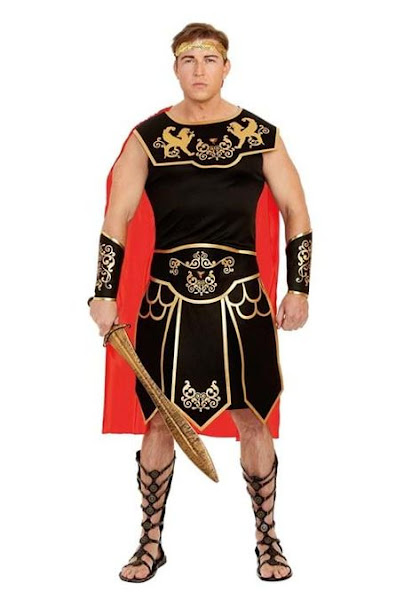UNIT
3 PHRASES AND CLAUSES
3.1
PHRASES
Meaning:
Phrases
are collection or group of words. These group of words cannot stand alone as
sentences.
Classification
of Phrases
Phrases can be classified as follows:-
1. Noun phrase:
This refers to a word or group of words headed by a noun which can function as
subject, object or complement of a sentence.
2. Verb phrase:-
This is a collection of words which function as verb in the sentence.
3. Adverbial phrase:-
This supplies circumstantial details about the action in a sentence, hence it
functions as an adjunct.
4. Prepositional phrase:-
This either qualifies the headword in a noun phrase or serves as an adjunct.
Noun phrase
Noun
phrase is a group of words headed by a noun capable of functioning
grammatically as the subject or object of a sentence. It would take the
following forms:
A Single work
Examples
include proper and plural nouns such as: John Judith, boys, houses, monkeys
etc.
Modified nouns
Consider
the following examples of nouns that are modified by other words to form a noun
phrase.
(a) The man who beats his wife….
(b) My little black sheep…..
(c) The lady
who was disgraced by the minister……
Noun
phrase can function as subject, object, or complement of a sentence. These
three elements are the possible positions the three examples above can occupy
when you attempt to develop them into full sentences. The words in bold print
are referred to as the headword
because they represent the nucleus of the phrase.
Verb Phrase
Verb
phrase either links a subject with its attribute or states the function of the
subject. The Verb phrase could be just a single word or a combination of two or
more words. It is headed
by
the main verb, which is the first item to the right, while all other words in
the phrase are referred as auxiliary verbs. The underlined words in the
following sentences are examples of simple and complex verb phrase (the main
verbs are in italics).
(a) He
is
the man from the moon.
(b) I
love
the man of Galilee.
(c) I
have fallen in love with the man of Galilee.
(d) Bose
should have fallen in love with the man of Galilee.
(e) Jude
couldn’t have been following anyone else.
Adverbial Phrase
An
adverbial phrase is an adverb-headed phrase. It usually contains circumstantial
details (such as time, place, manner, etc) about the verb phrase and it
functions as the adjunct in the sentence. The underlined groups of words are
examples of adverbial phrases (the headwords are in italics).
(a) I
saw her last Friday.
(b)
Esther arrived very early.
(c) She
sneaked in very late in the evening.
(d) Adelade
sold his car too cheaply for my comfort.
Prepositional Phrase
A
prepositional phrase is a preposition headed group. Prepositional phrases
commonly function as adjunct in the clause structure because, like adverbial
phrases, they give circumstantial details about the verbal phrase. They also
serve as qualifiers for nouns in a noun phrase. Examples are
(a) John
is relaxing in the garden.
(b) The
man in the garden is John
(c) My
wife and I met during a party






